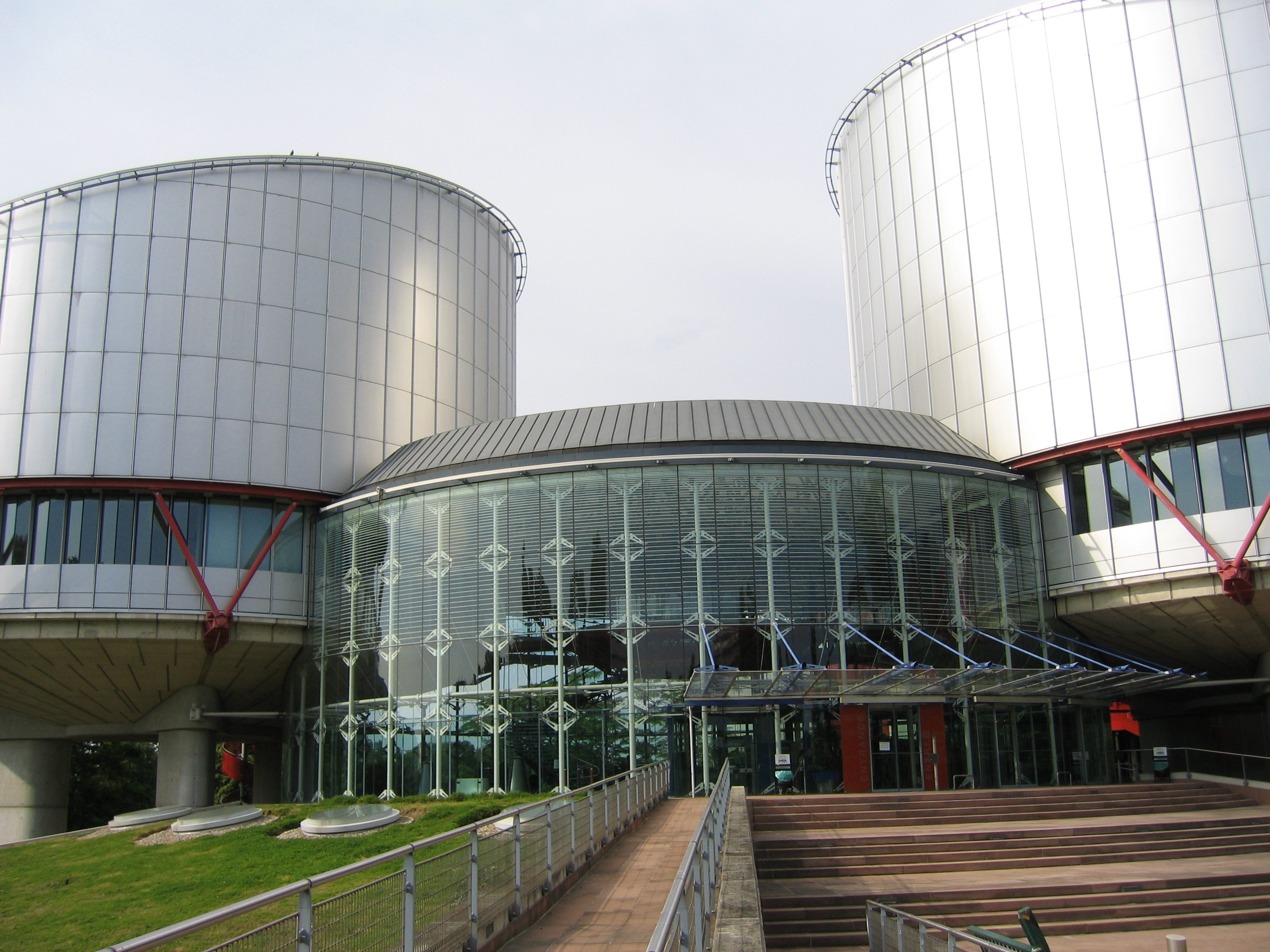The European Court of Human Rights has found the Spanish state guilty of preventing a Basque pro-independence prisoner from having access to a lawyer. The abertzale activist Xabier Atristain, who was later convicted of membership of the ETA terrorist group, was being held in solitary confinement. As reported by the Basque media NAIZ, the Strasbourg court has previously handed down a dozen sentences against Spain for failing to investigate multiple allegations of torture, but now the court is questioning a common practice employed with ETA prisoners: maintaining them incommunicado in custody and denying them access to a legal defence.
The ruling of the European court obliges the Spanish state to compensate Atristain with a payment of 12,000 euros for non-pecuniary damage and 8,000 euros for expenses and costs. The Strasbourg court concluded that Article 6 of the European Convention on Human Rights had been violated with regard to the right to a fair trial and legal assistance chosen by the person accused. The court ruled that the ban on a freely chosen lawyer "was such as to undermine the fairness of the subsequent criminal proceedings, in so far as the applicant's incriminating initial statement was admitted in evidence."
The ruling also stressed that its role is to "establish safeguards to ensure that the processes followed in each case meet the requirements of a fair trial." In this particular case, it asserted that "there had been no individual assessment and justification by the authorities of the need to restrict the applicant’s access to a lawyer of his own choosing."
The Catalan case in Europe
The European Court of Human Rights has not only upheld the appeals against the Spanish state filed by pro-independence leaders convicted in the Supreme Court trial over the Catalan referendum of 1st October, 2017. The ECHR has included in the same file an appeal registered in November by former Catalan minister Francesc Homs against the Supreme Court sentence banning him from public office following the unofficial 2014 independence consultation held in Catalonia.
Homs was convicted and sentenced to one year and one month in prison for serious disobedience, forcing him to relinquish his seat in the Spanish Congress where he led the deputies of the pro-independence PDeCAT party. Subsequently, the Court of Accounts also investigated those responsible for the 2014 vote and ruled that they were liable for the 4.9 million euro total of public spending on the consultation. The ECHR informed the former minister of the decision to admit his appeal in Catalan, as it also did with the ex-president of Òmnium, Jordi Cuixart, and the other political prisoners of the 2017 referendum trial. In fact, all the submissions were resolved at once and are dated December 14th.
Another Strasbourg ruling
Another of the notable occasions when the European Court of Human Rights ruled against Spain was for its failure to investigate the police action after the 'Surround Congress' demonstration which took place in Madrid in 2012. According to the ruling, the events of September 29th, 2012 constituted a violation of Article 3 of the Convention of Human Rights in its procedural aspect, which contemplates the prohibition of torture. The lack of investigation by the Spanish courts and the impossibility of finding the police officers involved, who were not identified, were key in its decision.
The complainant in the case, who took part in the protest, accused the police of forcibly and humiliatingly evicting her and other protesters who were sheltering from the riots in a bar near the Spanish Congress. The Madrid court investigating the matter was closed by the judge alleging a lack of evidence. After several appeals, the Constitutional Court refused to investigate the police action, considering that there was no violation of fundamental rights. The ECHR unanimously contradicted this decision, declaring that the lack of action by the Constitutional Court constitutes "a violation of the procedural branch of Article 3 of the Convention", and awarding the plaintiff compensation of 1,000 euros for the moral damages suffered.

